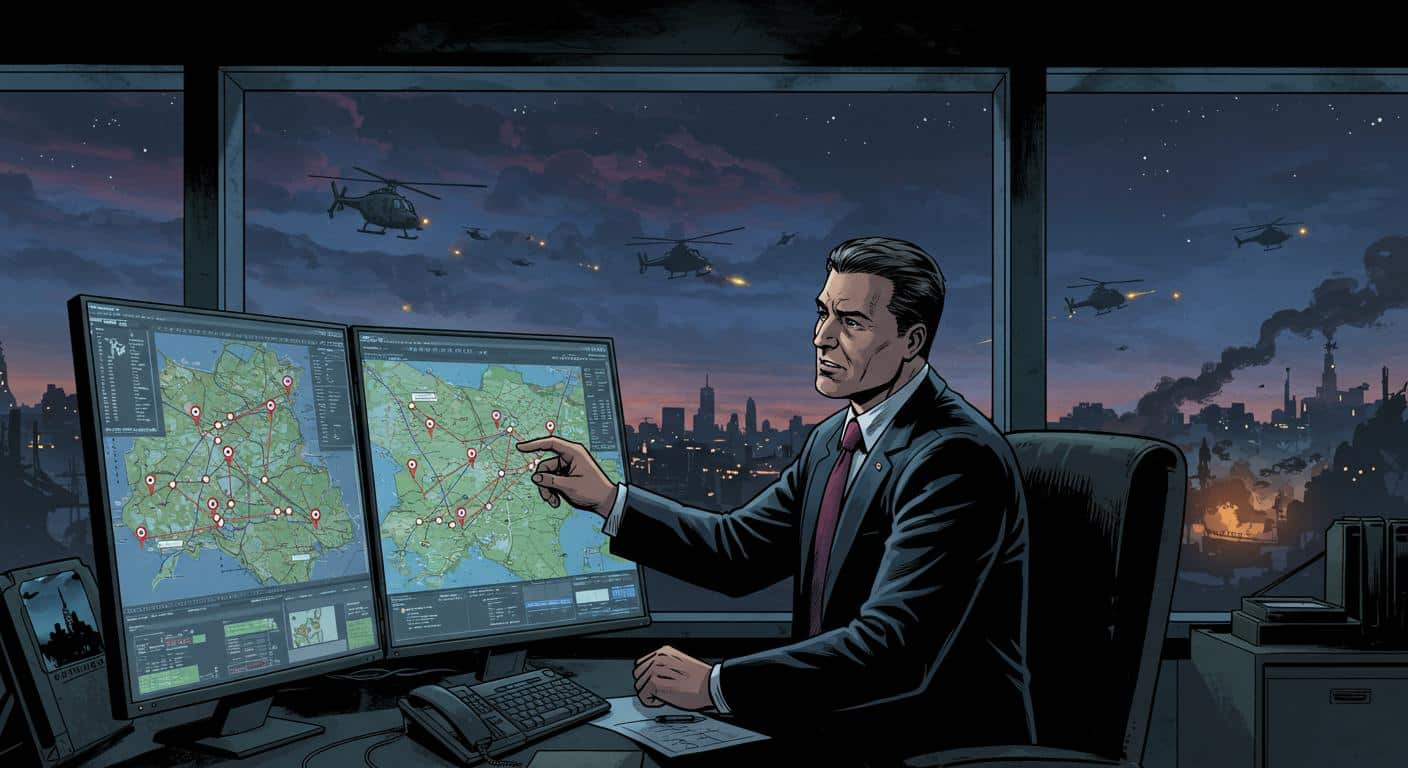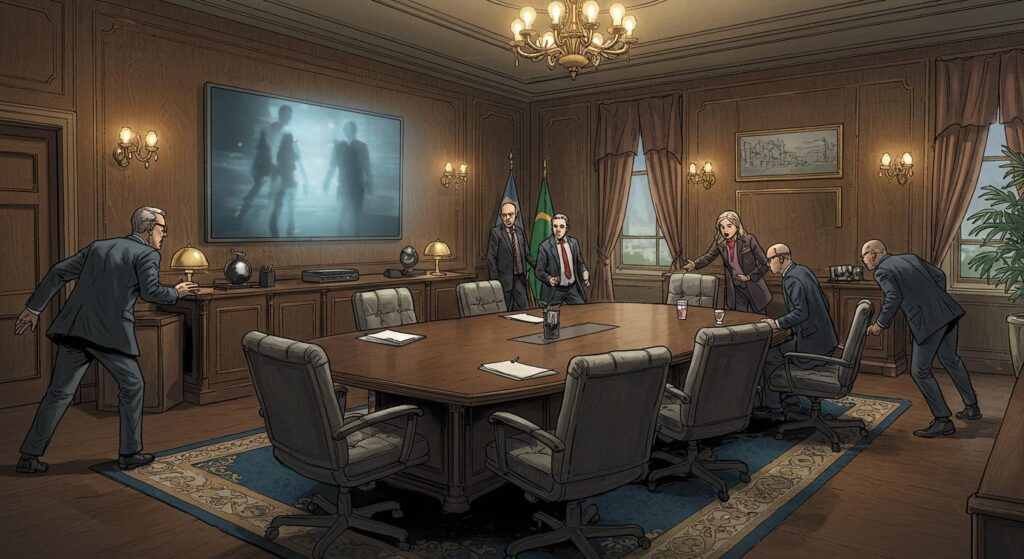Some news stories make you pause, reread, and then pause again, wondering if perhaps reality has nudged a tad too close to a Kafkaesque sitcom. Case in point: the recent social media maneuvers of Cambodia’s Senate President Hun Sen. During the heat of an armed border conflict with Thailand, Hun Sen—former prime minister, father of the current PM, and, apparently, a self-appointed Instagram-era general—posted actual military operational maps to Facebook. According to both Firstpost and Moneycontrol, this now-deleted post wasn’t just a random tourist’s snapshot but contained images that analysts said outlined active military plans.
Let’s linger on that for a moment: A statesman with unfettered influence over his nation’s military decides that Facebook—renowned home for cat videos and vacation throwbacks—is also the ideal spot for…what, live war room visuals? You have to wonder what the Cambodian comms team’s group chat looked like when those screenshots hit Twitter.
Firing Missiles, Posting Maps
First, context. As detailed by Moneycontrol, border tensions between Cambodia and Thailand, simmering for months over sovereignty claims and ancient temples, ignited into open conflict this week. Both sides traded missiles, rockets, and barbed press statements, while ground troops clashed along disputed stretches. Thai officials stated that their air force had launched airstrikes inside Cambodia after civilian casualties resulting from Cambodian rockets.
Amid this volatile backdrop, Firstpost recounts how Hun Sen posted, and then hastily deleted, photos on his personal Facebook page—photos that open-source intelligence enthusiasts promptly downloaded and began distributing across the online wilds. Analysts, including journalist Thomas van Linge cited by both sources, quickly raised eyebrows, labeling the images “very compromising.” Van Linge asserted on X that the maps appeared to detail planned Cambodian attacks—hardly the sort of information you want floating around a war zone’s comment section. He further described Hun Sen as the “architect” and “mastermind” of the escalation, alleging a deliberate campaign by Cambodia that included civilian targets on the Thai side.
Firstpost also outlines how Hun Sen has continued wielding significant power since stepping down as Prime Minister in 2023 for his son, Hun Manet. The elder statesman still heads the senate and the ruling party, with enough behind-the-scenes clout to make any “retired” world leader wistful. His social media—now apparently doubling as a tactics whiteboard—suggests he’s not just influencing policy, but the play-by-play of a border war.
The Accidental Op-Sec Guru
In the annals of digital-age wartime blunders, this incident stands out for its peculiar blend of haste and transparency. Sensitive military maps are typically reserved for war rooms, not newsfeeds—yet here they were, served up for the open-source analysis community and, presumably, Thai intelligence. Whether this was an honest mistake, a flex, or some wild attempt at psychological warfare (confuse the enemy by confusing absolutely everyone), the end result is the same: the maps were captured, archived, and scrutinized by interested observers worldwide.
Neither source details any official Thai response to the Facebook fumble, though Moneycontrol notes it “is likely to fuel Bangkok’s claims that Cambodia is pursuing a deliberate escalation.” In addition, Moneycontrol highlights that, in the same week, Hun Sen was accused by analysts of leaking a private call with the Thai PM (in a move interpreted as diplomatic humiliation), suggesting the Facebook maps are part of a broader pattern rather than a lone slip-up.
Is this a new era of “post and delete” diplomacy? Or should it be viewed more as a cautionary tale for octogenarian power-brokers dabbling in digital self-expression?
Tactics by Timeline
It’s hard not to marvel at the scene: a political heavyweight—one who ruled Cambodia for nearly four decades—accidentally uploading literal battle plans for the world (and adversaries) to see. It reads almost like an updated version of “the emperor’s new clothes,” except the emperor is fully dressed in general’s garb and shouting coordinates into the algorithm.
Both sources note the causes of these clashes are rooted in long-standing disputes over sacred temples, with the Preah Vihar and Muen Thom sites repeatedly acting as geopolitical touchstones. But now, digital mishap and brinkmanship are feeding the same border bonfire.
Reflect on the oddity that, in 2025, a regional military flashpoint is being chronicled—and possibly exacerbated—in real time by the very leaders orchestrating it, with the accidental oversharing of classified intel reduced to a memeable moment. Does this set a precedent for future conflicts? Will tomorrow’s war rooms be password-protected Instagram Stories with a short list of “Close Friends”—or will this episode be studied in some defense academy as a masterclass in what not to do?
A Blur of Borders, Real and Virtual
It often feels like the line between official business and online performance is blurring beyond recognition. With Hun Sen’s now-infamous Facebook misfire, we have a curious artifact of our age: a moment where strategic secrecy collided with compulsive posting, and geopolitics went momentarily viral.
Does the world need tighter protocols about who gets the social media login? Or is self-sabotage simply the digital price we pay for leadership in the era of infinite sharing? The next time a government wants to broadcast its intentions, perhaps someone should remind them: not everything needs a “share” button.







